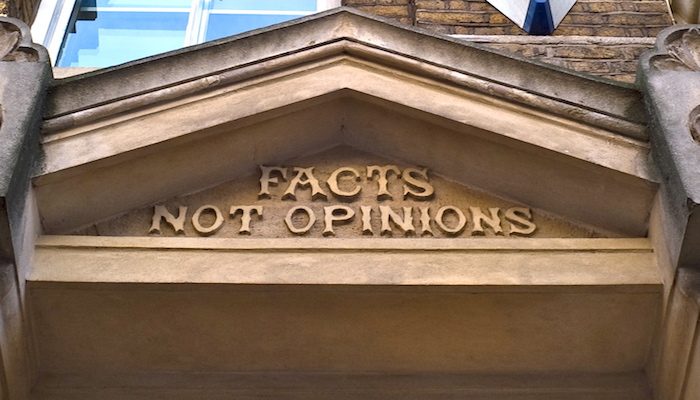
This is an excerpt from Ukraine’s Euromaidan: Broadcasting through Information Wars with Hromadske Radio by Marta Dyczok
Available now on Amazon (UK, USA, Ca, Ger, Fra), in all good book stores, and via a free PDF download. Find out more about E-IR’s range of open access books here
International public opinion on Ukraine is divided, in part because of the way mass media has been representing the story. Each person interprets news reports through the prism of their own value systems and beliefs. So, those who hold anti-American views because of US policy in the Middle East respond positively, for example, to Putin’s criticism of Obama and statements that the U.S. was behind the Euromaidan protests and is fueling war in Ukraine to weaken Russia. In a situation where information is being used as a weapon – such as in Ukraine and Russia – this has worked against the goal of media providing accurate coverage, a clear picture of events in Ukraine, their causes, and consequences.
To demonstrate this with an example of an encounter:
“Crimea is Russia. It has always been Russian”, said a tall blond woman in stylish boots.
A minute ago we were discussing technology – how it affects classroom teaching. I had just finished complimenting her salad that we were enjoying at a reception after a seminar about slavery and citizenship in 19th century Brazil.
Conversation came to a lull, so I asked, “has anyone been following the news?” Russian President Putin gave his state of the nation address where he said that Crimea was an integral part of Russia, and the US House of Representatives adopted a statement condemning Russia’s incursion into Ukraine and other neighboring states.
That’s when the eyes changed.
The Russian student studying in Canada for years, making nice salads for receptions, spoke up and began defending Putin, attacking the US.
I was shocked. ‘Wow,’ was the first thing that came out of my mouth.
“You know that Russia annexed Crimea, and has troops in Eastern Ukraine,” or something like that, followed.
“There was a referendum, that’s what people wanted,” she replied.
“Referendum at the barrel of a machine gun?” I asked.
The conversation became a bit heated. Another student joined in and began criticizing US policy in Iraq, the Middle East, Israel.
“But how does that legitimize Russia violating international law and annexing the territory of a neighboring state?” I asked.
That’s when the student from Russia said that Crimea was Russia, and Russia had just given it to Ukraine in 1956. “1954, actually,” I heard myself correcting her, “and it was Khrushchev, Secretary General of the USSR.” and started explaining what had been going on in Ukraine over the past year, and how information was being used as a weapon to distort things.
The seminar coordinator, who studies migration, was visibly uncomfortable. She tried to diffuse the tension with, “coffee, anyone?”
Taking her cue, I turned to the speaker and shifted conversation to her research interests, asked what she was planning. She spoke about her next speaking engagements, how she was using them to visit family and friends around the world.
Then she politely asked about my research. I told her that I study mass media, how narratives are constructed, and how they influence public opinion. That gave me an opening to ask the Russian student where she looked for information on news about Russia. She was honest and said Russian media. “You realize you’re repeating Putin’s narrative,” I said.
I’m not sure that anything I said really convinced her. She seemed pretty firm in her views about Russia, that what Putin is doing is legitimate. But as I was leaving I suggested that we try and see things as they are. The Russian student said, “maybe I should look at some other sources of information.” the hardened eyes seemed to soften, a fraction.
Further Reading on E-International Relations
- Ukraine and the Russian Challenge to the European Order
- Opinion – The West’s Mental Lockdown over Putin’s Invasion of Ukraine
- Opinion – Russian Motives in Ukraine and Western Response Options
- Vladimir Putin’s Imperialism and Military Goals Against Ukraine
- Russia’s War Goals in Ukraine
- The Maidan Revolution in Ukraine